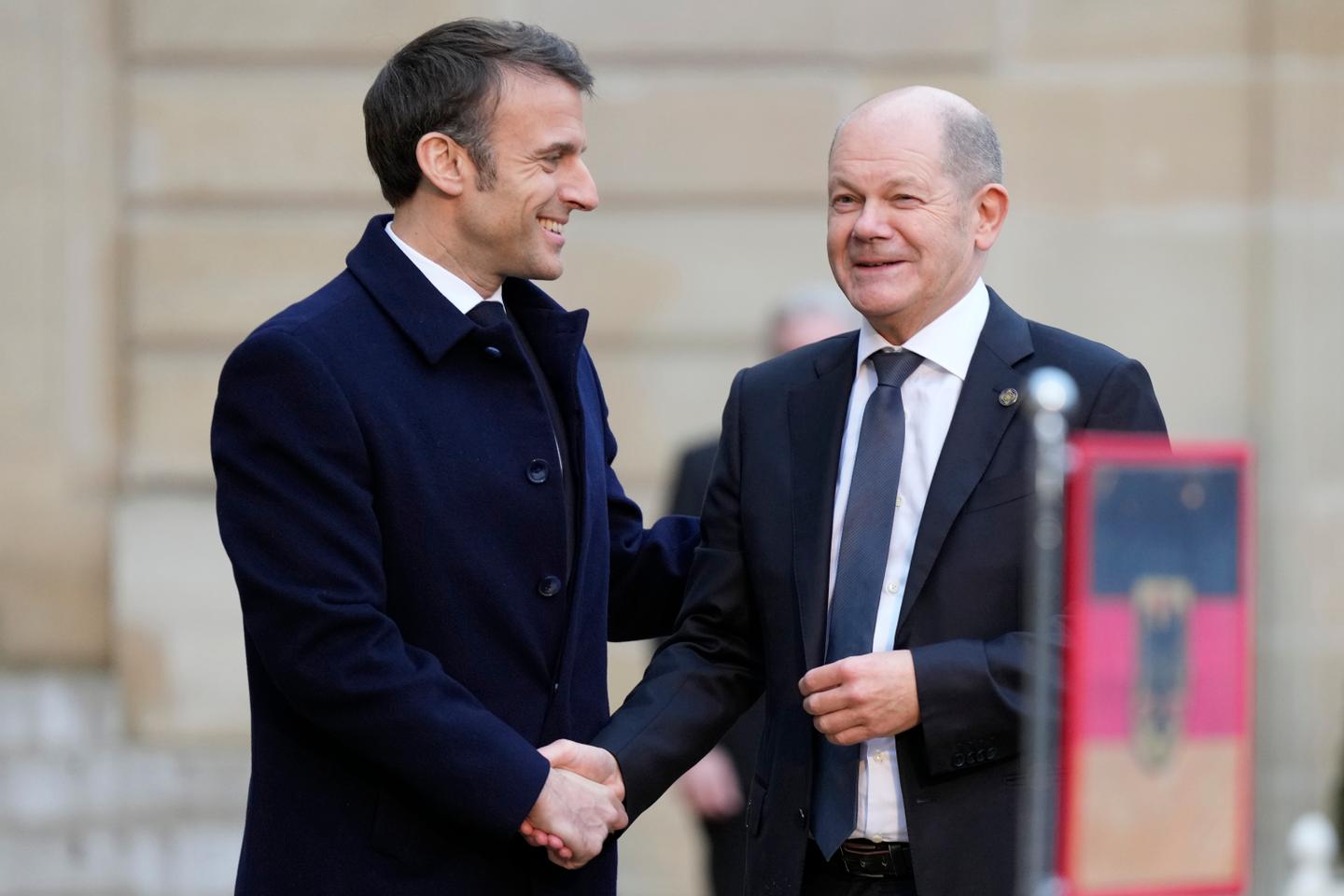


Four high-ranking officers representing a Western power, including two generals, discuss together the conditions for the possible use of one of their weapons of high strategic value in a war being waged not far from home by a nuclear power. Their government, very reluctant to supply this weapon to an attacking ally, despite pressure from political circles, wants to know what human resources, in particular, such recourse would entail. Curiously, the top brass hold this highly sensitive conversation over an unsecured communications network. The enemy power records the conversation and makes it public at the most embarrassing political moment for the allies of the attacked country.
It could be a wonderful spy movie; unfortunately, it's the reality of the mishap that has pitted Germany, in the role of the trapped power, against Russia, in the role of the diabolical power, over the last few days. Diabolical because, of all Ukraine's allies, it's Germany that this act of psychological warfare could hurt the most. Germany, which seems to have forgotten the Moscow-inspired methods of the Stasi.
Germany's doubts and turmoil hold no secrets for Russian President Vladimir Putin, who spent five years there as a KGB officer and speaks the language perfectly. Among Russia's European partners, Germany has always held a special place. The heart of the target is Germany.
Gaffes
The levity of the German officers in their mode of communication confused their Western colleagues. Another incident was badly received: Chancellor Olaf Scholz's revelation, in the course of an interview, of the presence in Ukraine of French and British military personnel supporting the use of long-range missiles supplied by their countries. This was not supposed to be said in public. In a nutshell, these two blunders reveal something about Germany and its leaders: their relationship with war remains unreal, uncomfortable, even verging on denialism. Russia, on the other hand, wants to be seen as a nation of warriors.
Concurrently, other comments have shaken the community of Ukraine's allies: On February 26, Emmanuel Macron mentioned the possibility of sending ground troops to Ukraine. Again, this was not supposed to be said in public. But the French president deliberately wanted to change the terms of the debate. And the reactions have highlighted the profound differences in strategic culture and approaches to warfare among the allies.
Up until now, the emphasis has been on their unity − unity on the objective of their support for Ukraine, namely to stop the Russian invasion. However, the impasse reached in the military confrontation after two years, and Russia's determination to pursue its conquest of Ukraine and its fight against the West, has led them to think further ahead. Inevitably, this reflection has led to the consideration of other means. Not just additional means: other means. And, inevitably, the prospect of a more far-reaching commitment, of a "strategic surge," to use Macron's phrase, raises divergent points of view.
You have 44.56% of this article left to read. The rest is for subscribers only.
